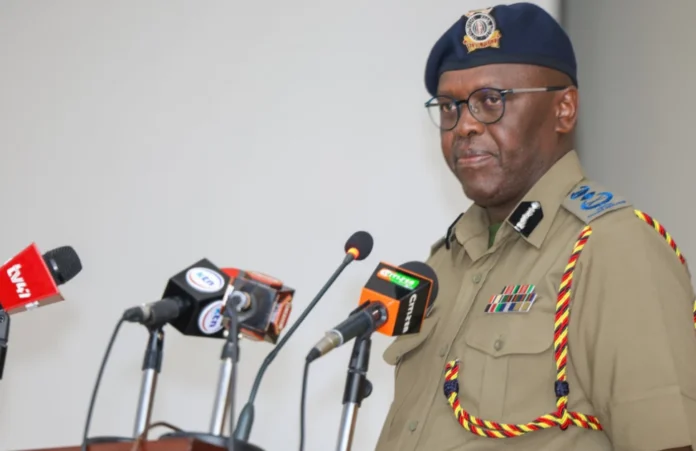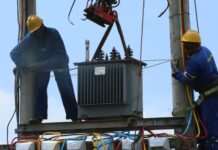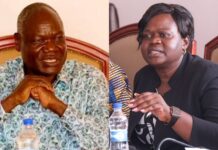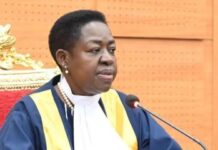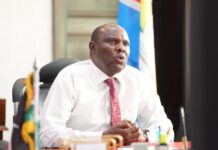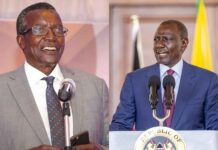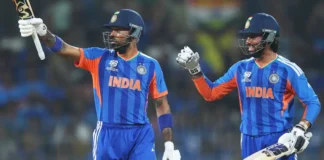By Michelle Ndaga
Deputy Inspector General (DIG) of Police Eliud Lagat has told the court that only the Director of Public Prosecutions (DPP) has the constitutional mandate to decide whether he should face charges over the death of blogger Albert Omondi Ojwang.
Through his lawyer, Cecil Miller, Lagat argued that any attempt by the court to compel the DPP to prosecute him would amount to an unlawful usurpation of powers and set a dangerous precedent undermining prosecutorial independence.
“The petitioners’ prayer to have this court compel the DPP to prosecute the 11th Respondent is an improper attempt to take over the functions of independent institutions,” his submissions read in part. “This court cannot declare someone guilty without a trial nor direct the DPP to prosecute absent evidence of constitutional failure.”
Lagat, who has denied involvement in the alleged arrest, torture, and killing of Ojwang, said both the Independent Policing Oversight Authority (IPOA) and the DPP investigated the matter and found no evidence linking him to the incident. He stated that IPOA conducted thorough investigations, after which the DPP reviewed the file and only charged individuals deemed culpable.
The DIG added that he voluntarily stepped aside from his duties to allow unfettered investigations, insisting that his continued service does not violate any constitutional provisions.
“The blanket allegation that I am a prime suspect is defamatory and unsupported by any investigative finding. The law does not impute liability simply because of rank or office, absent proof of personal involvement,” he said in court papers. Lagat further noted that he was not present at the scene, issued no unlawful instructions, and had no operational role in the incident, his position being purely administrative and command-based. He maintained that the petitioners’ claims linking his office to the arrest, torture, and death of Ojwang were unsupported by direct, circumstantial, or inferential evidence.









